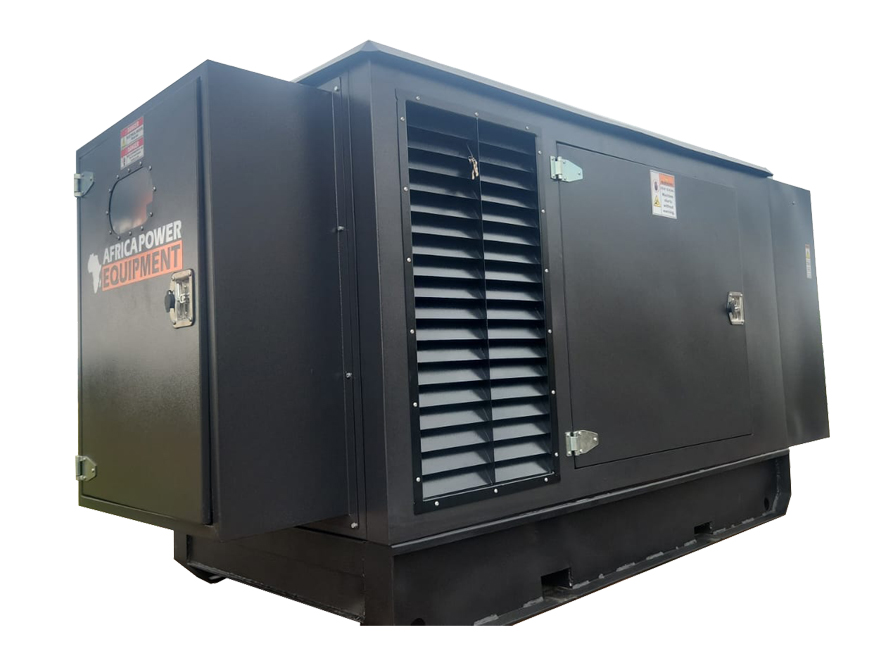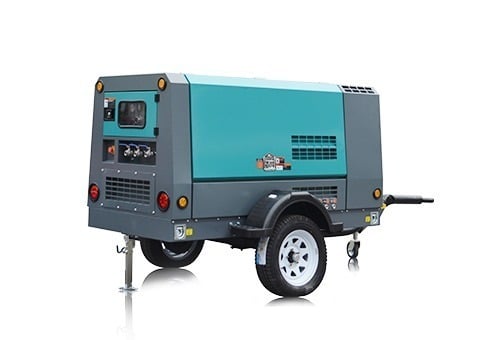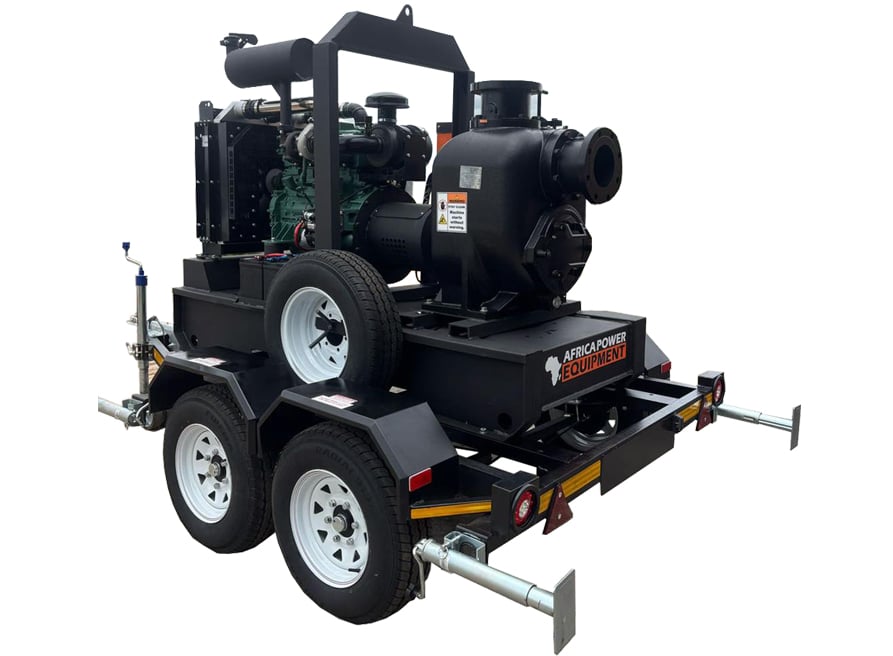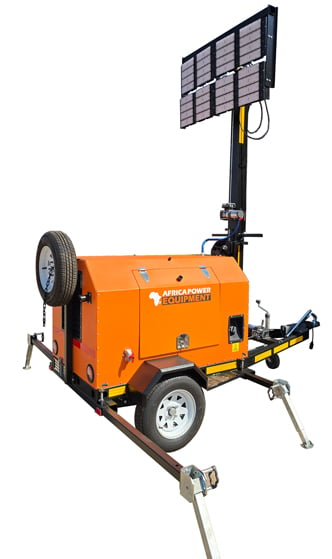Why Do Generators Trip or Shut Down When Load Increases?
Generators are built to supply consistent power, but under certain conditions, they can trip breakers, shut down, or fail to carry the load. These failures often happen at the worst possible times — during a power outage or under heavy usage.
In this guide, we’ll explore the most common causes of generator tripping or failure under load, how to diagnose the issue, and what you can do to prevent it.
⚡ Quick Answer
Generators trip or fail under load due to overloading, voltage or frequency fluctuations, fuel issues, faulty wiring, or malfunctioning automatic voltage regulators (AVRs). Regular maintenance and proper load sizing help avoid these problems.
1. What Does It Mean When a Generator “Trips”?
When a generator “trips,” it typically means that the circuit breaker opens to protect the unit from damage. This shuts down power output to prevent:
-
Electrical fires
-
Component failure
-
Hazardous surges
This is a safety mechanism — but frequent tripping indicates an underlying problem that needs immediate attention.
2. Top Causes of Generator Tripping or Load Failure
🔌 1. Overloading the Generator
Trying to draw more power than your generator is rated for is the most common cause of tripping.
📊 Example:
A 50kVA generator should not be used to power a 65kVA load of appliances and tools. This overloads the system and trips the breaker.
🛠 Solution:
-
Use a wattmeter or clamp meter to measure load
-
Disconnect non-essential devices
-
Size your generator properly (See: How Do I Calculate Generator Capacity for Appliances?)
⚙️ 2. Voltage Fluctuations
Unstable voltage output can trip protective circuits, especially if you’re powering sensitive electronics.
💡 Likely causes:
-
Faulty AVR (Automatic Voltage Regulator)
-
Damaged capacitors
-
Bad brushes on the alternator
🛠 Solution:
-
Test and replace the AVR if necessary
-
Have an electrician test winding resistance and insulation
⛽ 3. Fuel Issues
Low fuel pressure or bad fuel quality can lead to:
-
Engine sputtering under load
-
Sudden shutdowns
-
Inconsistent voltage output
🛠 Solution:
-
Clean or replace fuel filters
-
Check the fuel line for clogs
-
Use clean diesel or petrol, depending on model
🌡️ 4. Overheating
Generators that run too hot may trip to avoid engine damage. Overheating can be caused by:
-
Poor ventilation
-
Clogged radiator or cooling fins
-
Low oil levels
🛠 Solution:
-
Ensure airflow around the generator
-
Clean cooling components
-
Check oil level and quality regularly
🔁 5. Incorrect Load Sequencing
Turning on heavy appliances simultaneously can create a surge load that the generator cannot handle.
🛠 Solution:
-
Stagger the startup of devices
-
Use soft starters or inverters for high-draw equipment like compressors or pumps
🔧 6. Wiring Faults or Ground Leaks
Loose connections or faulty earth wiring can cause imbalance or grounding faults, leading to shutdowns.
🛠 Solution:
-
Have a qualified electrician inspect the wiring
-
Ensure correct earthing for both generator and load
3. How to Diagnose the Problem
Step-by-step checklist:
-
✅ Check the load size vs generator capacity
-
✅ Inspect fuel and oil levels
-
✅ Test the AVR
-
✅ Check air filters and cooling
-
✅ Measure voltage and frequency stability
-
✅ Inspect electrical connections and breaker condition
4. Prevention Tips
| Tip | Description |
|---|---|
| 🔄 Routine Maintenance | Clean filters, test AVR, and inspect connections monthly |
| ⚖️ Proper Load Management | Never exceed rated kVA or run heavy devices all at once |
| 🌬 Ensure Ventilation | Always use in a well-ventilated area to prevent overheating |
| 👷 Use Qualified Installers | Wiring faults are a major cause of tripping — get professional help |
5. FAQs
Q: Can a faulty AVR cause the generator to shut down?
Yes. A malfunctioning AVR can create unstable voltage, leading to protective trips or equipment damage.
Q: Should the generator trip if one appliance causes a surge?
It might. Appliances like air conditioners or water pumps can have high startup currents. Use soft-start devices or oversize your generator.
Q: Can tripping damage my generator?
Occasional tripping protects the generator. Frequent tripping can, however, wear down electrical components like relays and breakers.
6. Internal Links
Conclusion
Frequent generator trips or load failures are frustrating — but they’re usually symptoms of an underlying issue like overload, faulty wiring, or mechanical wear. By understanding the root causes and maintaining your generator properly, you can ensure long-lasting, reliable power whenever you need it.
⚙️ Is your generator tripping too often?
👉 Get a professional inspection or browse high-quality generators manufactured with reliable components.





